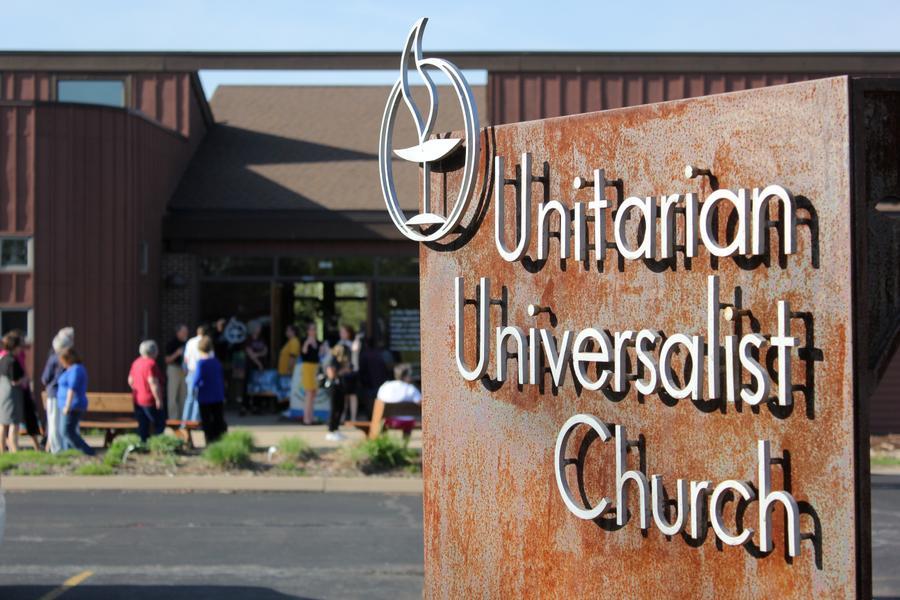The Unitarian Universalist Church of Columbia voted last week to become a sanctuary for immigrants and refugees in response to a broader sanctuary-network movement in mid-Missouri, started by Missouri Faith Voices.
Faith Voices of Columbia was started to create a “‘sanctuary network’ of folks who basically want to take a public stand in solidarity with immigrant and refugee members of our community [and] others who might be feeling threatened or vulnerable at this time,” UUCC Minister Rev. Molly Housh Gordon said.
After a month of discussing what it means to be a sanctuary church, 98 percent of the UUCC congregation voted to allow the church to become a sanctuary.
According to Gordon, the church, whose mission is “about radical welcome and courageous love,” has decided to act as a physical sanctuary for immigrants and refugees.
“[Becoming a sanctuary] means we want to do advocacy work, but it also means that we are prepared to offer physical sanctuary to an individual or a family who is seeking a stay of deportation or legal recourse to stay in our community of Columbia,” Gordon said. “So instead of having to be detained in what we see as often inhumane circumstances, that person can take sanctuary physically in our church building and stay here while they do the legal process to gain legal status or a stay of deportation.”
The plan to create a sanctuary network is a response to the rhetoric from the presidential election, said Alice Chamberlain, an organizer for Missouri Faith Voices.
“It’s people of faith who have a history of responding to situations like this, both through the sanctuary movement and other ways,” Chamberlain said. “I think it was pretty natural that this conversation started to come up and really faith leaders looked to reach back into their history across many different faith traditions of responding with sanctuary in times like this.”
According to its Facebook page, Missouri Faith Voices works to “educate and inform the larger interfaith community in Missouri and the nation on issues of social justice that affect the families and individuals of our communities.”
The organization began sanctuary network conversations with sanctuary congregation training in February.
“We’ve been working with several different congregations that are discerning what role they’ll play in a sanctuary networking campaign, some of that being the courageous step that Molly’s church took of becoming a sanctuary congregation that literally provides physical space for a family that could find itself targeted, as well as congregations that might just take the role of supporting sanctuary congregations, providing volunteer, logistical and legal support as they can,” Chamberlain said.
Although the church is now open to anyone in need of sanctuary, no one has reached out. For Gordon, becoming a sanctuary church will allow for more open conversations about immigration reform and protecting undocumented citizens.
“I hope that we can set a tone by doing this,” she said. “I hope that we can set a tone for our community about welcoming the stranger and loving our neighbor, more concretely and more actively.”
_Edited by Madi McVan | [email protected]_








